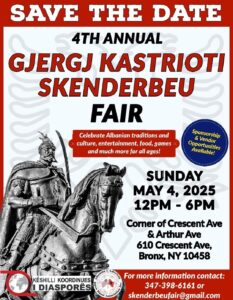Alfred Bernhard Nobel was the man whose vision and funding led to the Nobel Prizes, perhaps the most famous and respected awards in the world.
He was a 19th century scientist famous for inventing dynamite as a safer way to use nitroglycerin. It was patented in 1867.
Nobel held 355 patents in his lifetime, but it appears that his greatest contribution to science was partly the result of a mispublished obituary that called him a war profiteer.
Why are the Nobel Prizes named after him?
After seeing the obit – mistakenly published when his brother died – he was inspired to create the Nobels and placed bequests in his will to fund them.
On November 27, 1895, Nobel signed a will that laid out a plan and provided the money to fund the honors. He died the following year.
Nobel left some money to relatives, but most of it went to establish prizes in physics, chemistry, physiology or medicine, literature, economics and peace.
He ordered that the remaining wealth be used to give “prizes to those who, during the previous year, have given the greatest benefits to humanity”.
His family initially opposed the creation of the Nobel Prize, and the prizewinners he named in his will also declined following Nobel’s demands. Five years passed before the first Nobel Prize was awarded in 1901.
Who was Alfred Nobel?
Nobel was a member of the Royal Swedish Academy of Sciences, which his will charged with electing Nobel laureates in physics and chemistry.
He was born in Stockholm on October 21, 1833, in a family of scientists.
Nobel was fluent in several languages and wrote poetry and drama.
He traveled for most of his life, keeping companies in Europe and America while living in Paris, Hamburg and other places.
In 1894, he bought Bofors-Gullspang, an estate that included Bjorkborn Manor, which became his last residence in Sweden.
He would spend the summers in Bjorkborn and the manor house is now a museum. On December 10, 1896, he died in Sanremo, Italy.









At the beginning, I was still puzzled. Since I read your article, I have been very impressed. It has provided a lot of innovative ideas for my thesis related to gate.io. Thank u. But I still have some doubts, can you help me? Thanks.
Thanks for sharing. I read many of your blog posts, cool, your blog is very good.
I don’t think the title of your article matches the content lol. Just kidding, mainly because I had some doubts after reading the article.